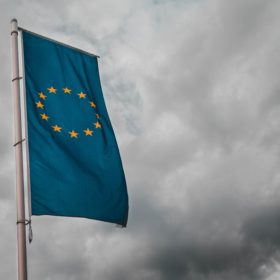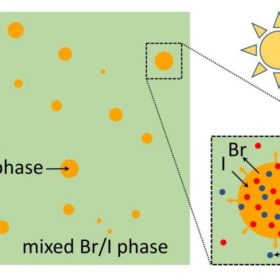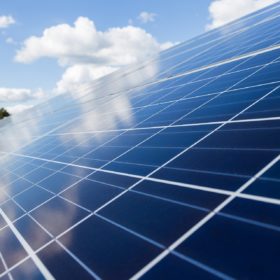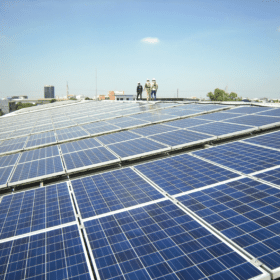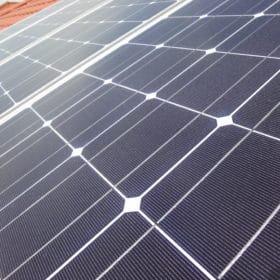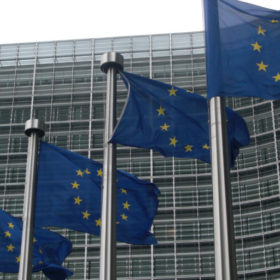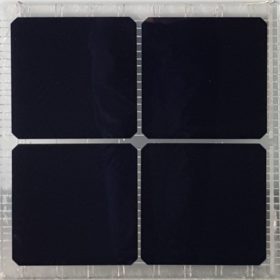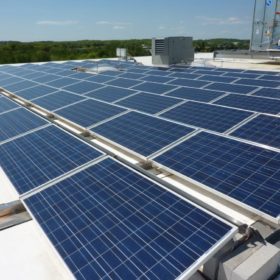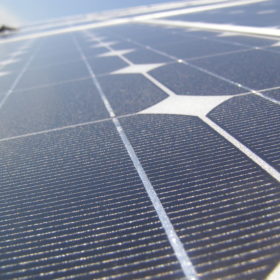ESMC criticises lack of solar manufacturing in Euro recovery plans
The trade body has highlighted a lack of explicit PV industry support in EU member states which already host domestic manufacturers, such as Germany, France, Austria, Belgium and Lithuania, and says the focus on green hydrogen could exacerbate the solar trade deficit with Asia.
Thermodynamic model to build more-stable perovskite solar cells
Dutch scientists claim to have developed a theory that explains the mechanisms behind halide segregation, which is the main factor affecting thermal stability in perovskite solar cells. They affirmed that the theory may provide technical solutions to build more stable perovskite PV devices.
Solar could help Azerbaijan consolidate gains in Nagorno Karabakh after recent conflict
That was just one of the revelations of the latest Dentons’ Guide to renewables investment in Europe, which also noted solar plants could be switched off in Slovakia, Ireland could go either way on clean power pricing, and Luxembourg is struggling with a surprising headache.
Belgium becomes a GW solar market
The central European country had its best year in terms of new PV deployment in 2020 with around 1,010 MW of installed capacity. Its cumulative solar capacity surpassed 6 GW at the end of December.
Belgium’s Flanders region unveils compensation scheme for PV systems affected by smart meter disruption
The draft regulation has now been sent to the country’s Council of State for review. If approved, the new rules will grant prosumers the right to ask to postpone the installation of a smart meter until 2025. Furthermore, the Flemish government said it will also compensate PV system owners with a sum that should ensure a reasonable investment return of 5%.
European Commission approves further €2.9bn battery research project
Companies from a dozen EU member states will commit the public funds in a bid to come up with novel battery chemistries and production methods as well as recycling and circular economy innovation.
3-D multi‐ribbon interconnection tech for IBC cells
The interconnection tech, developed by scientists at the Belgian research institute Imec, is based on a three-dimensional fabric of encapsulant with incorporated horizontal and vertical solder‐coated metal ribbons. Mini solar modules built with the proposed technique have provided interesting results in tests for thermal cycling reliability, showing very limited degradation.
Smart meters disrupt residential PV segment in Belgium’s Flanders region
A recent ruling of the Belgian constitutional court has canceled the 15-year grace period granted to residential PV system owners to keep operating under net metering despite the arrival of smart meters. The Flemish government said it will provide some compensation for the financial losses that this decision will cause.
Belgium deployed 900 MW of PV in 2020
Renewable energy production increased by 31% and now represents 18.6% of the country’s electricity mix. Its cumulative PV capacity increased from 3,887 MW at the end of 2019 to 4,788 MW at the end of December.
7C Solarparken set to acquire EnerVest Belgium
PV developer 7C Solarparken has revealed plans to acquire the renewables unit of EnerVest. In a related deal, it has also expanded its PV portfolio to 256 MWp with an investment in three projects in Germany.
